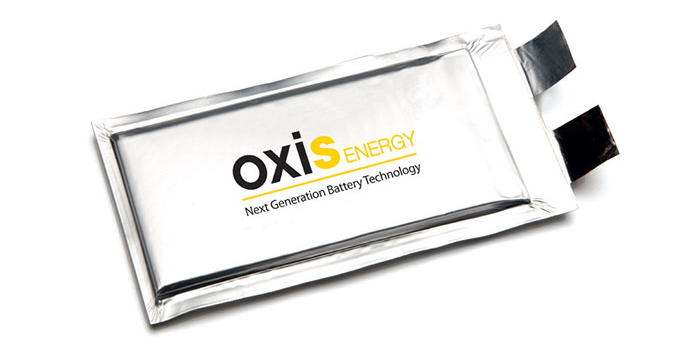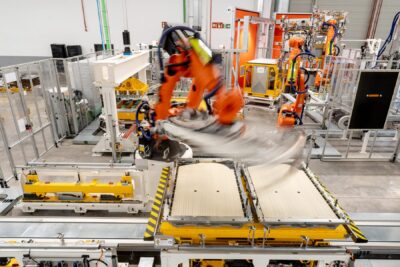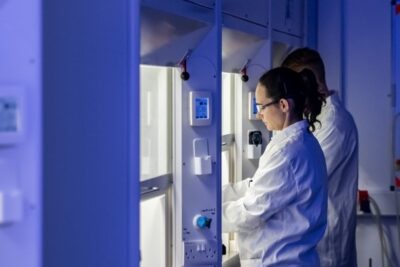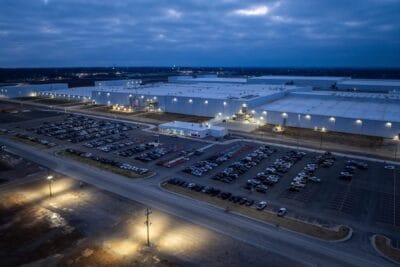Oxis Energy improves Li-S Battery energy density
The British company Oxis Energy has announced that they have improved the energy density of their lithium sulfur battery cells for use in electric aircraft to 425 Wh/kg. By the end of 2019, the manufacturer intends to increase this number to 500 Wh/kg with the help of selected partners.
The energy density of 425 Wh/kg was achieved with their 16 Ah pouch cells for HAPS (High Altitude Pseudo Satellites) applications. As an in-between step, a value of 450 Wh/kg is being aimed for before the end of this year. Next year, the 500 Wh/kg are then on the plan. According to Oxis CTO David Ainsworth, the technology is already of interest with the most important actors from the aerospace industry. The cells are also about to enter the prototyping stage.
The company already has a battery module concept for the aerospace industry, which can help triple the flight range, according to the manufacturer. It is based on lithium-sulfur pouch cells with an energy density of 300 Wh/kg. The commercialization of electric aircraft is dependent on the development of extremely light batteries, according to Oxis, which will be able to store enough energy to allow for sufficient range and speed.
Financially, Oxis is being supported by the British subsidy initiative Innovate UK. According to Oxis CEO Huw Hampson-Jones, the speed of the technological development had greatly increased over the last twelve months. The company currently holds 141 patents, with another 108 being processed. Furthermore, they are also using a 10 million dollar programme to develop lithium-sulfur battery cells for electric buses and trucks.
Early this year, the Brazilian venture capital fund Aerotec invested 3.7 million pounds (4.2 million euro) in Oxis. The next step will see the company set up a battery manufacturing facility in the Brazilian state Minas Gerais. The research and development division will remain in the UK, however.





1 Comment